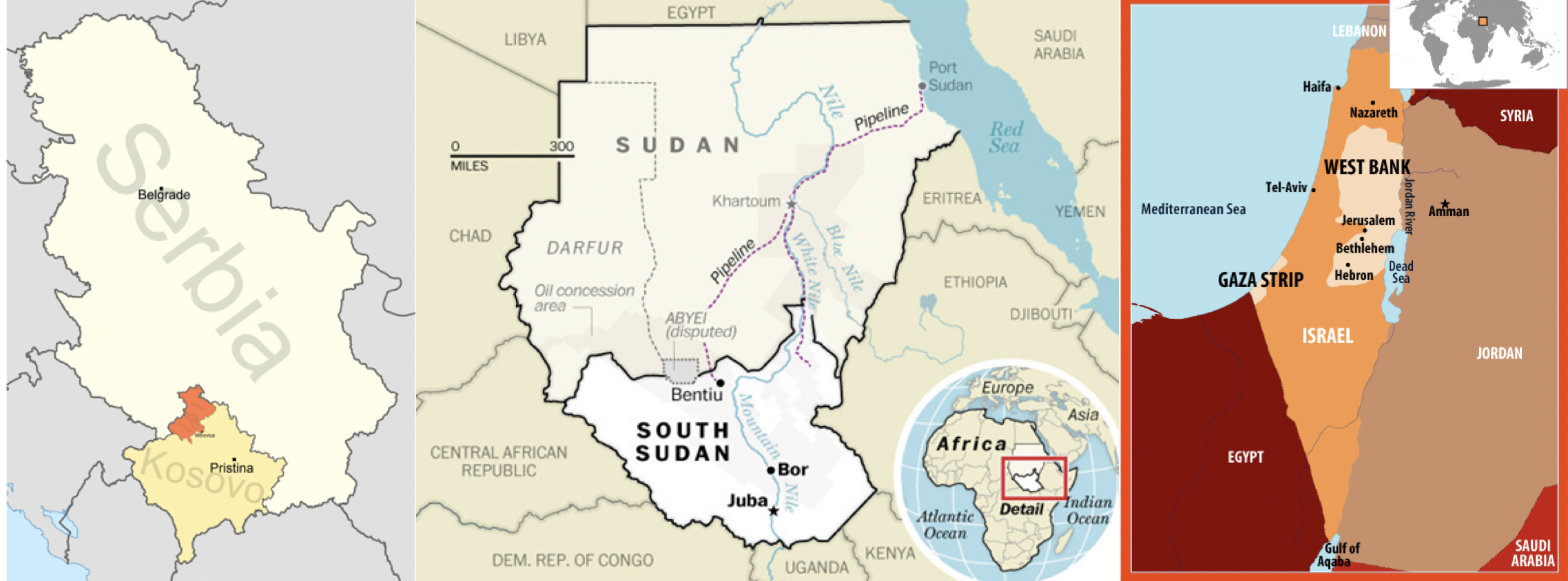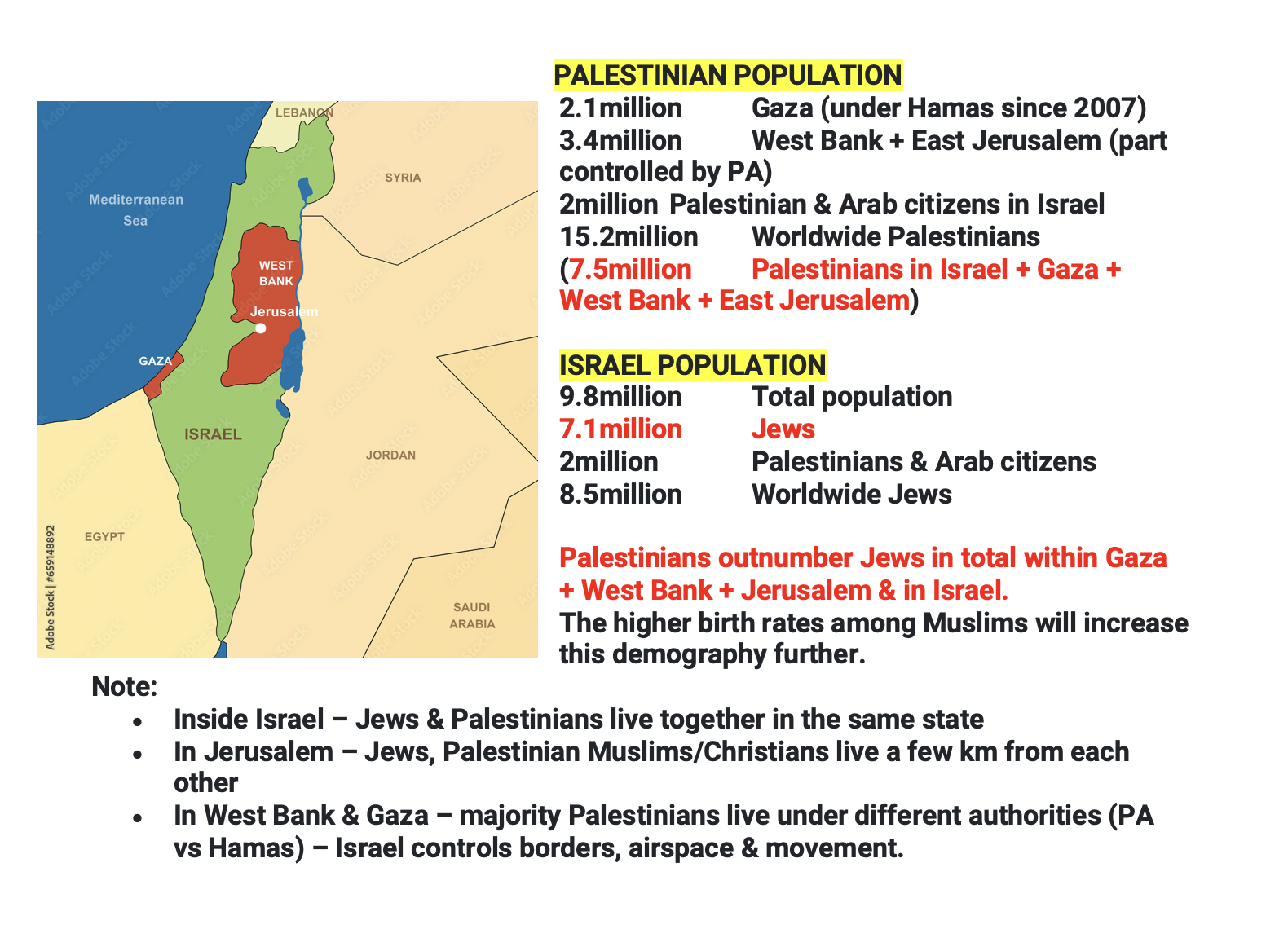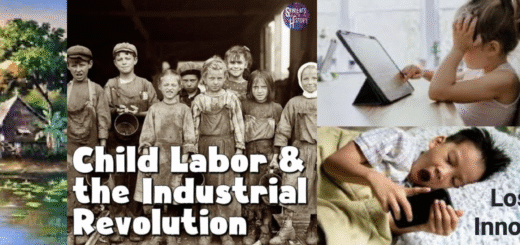Two-State Solutions cannot be built with guns: Lessons from Kosovo & South Sudan for Palestinians

It cannot be emphasized enough for people to know not only their national past, but also global history. Only then can they understand current developments and visualize the future. It is precisely the failure to confront history and its bitter truths that allows social media platforms and their hired influencers to mislead societies toward destruction.
We have seen a wave of so-called “youth movements” since the Arab Spring, across Eastern Europe, and now into Asia. Leaders are not only being chased from office — some are being murdered inhumanely. Historic icons and monuments are reduced to rubble. These are not disconnected events but part of a wider pattern. Your ignorance leads to compliance and eventually to the downfall of your nation and your people.
Protests riding on “anti-corruption” slogans often end in vandalism, looting, and cultural erasure. They do not deliver reforms but cultivate fear: homes torched, institutions overrun, heritage destroyed. Political violence is normalized as a legitimate path to change, conditioning the young to accept thuggery and instilling rule by fear as democracy.
If we do not recognize this pattern, the world we are walking into will not be freer — it will be a global network of fractured states, erased histories, and digitally controlled populations, manipulated by invisible back-office elites – who may be the one’s choregraphing these youth movements to deliver what armies cannot do.
Colonial Artificial Maps & their Legacy
Global instability traces back to colonial powers that carved artificial states.
- Sykes–Picot (1916):carved up Ottoman provinces, producing mismatched populations and simmering grievances. Present Palestine issue is one such created problem.
- India/Pakistan partition (1947):millions displaced and killed, conflict still alive today.
- Africa:ethnic groups divided across borders, rivals forced into the same states, leaving over 50 active insurgencies today fanned by external forces so they can continue to plunder while natives kill each other.
These were not borders drawn for people — they were borders drawn for power.
That legacy continues to bleed.
Colonialism entrenched a blueprint:
labor transfers, demographic engineering, settler colonization, communal favoritism. These engineered divisions hardened into today’s separatist ideologies.
Not only do the former colonial rulers control the political wing of these separatist movements but the separatists themselves.
Separatist Movements & Terrorist Wings
Across the world, separatism is tied to violence:
- Europe:ETA in Spain (Basque), remnants of IRA in Northern Ireland, Chechen militants, Kosovo Liberation Army
- Middle East & Central Asia:PKK-linked Kurds, Hamas and Islamic Jihad in Palestine, Baluchi militants in Iran/Pakistan.
- South Asia:LTTE in Sri Lanka, Kashmiri militants, Naga/Assamese insurgents in India, armed Rohingyas in Burma
- Africa:Biafra revivalists in Nigeria, Tuareg rebels in Mali/Niger, M23 in Congo.
- Asia-Pacific:West Papuan militants, Southern Thai insurgents.
All share two traits: external sponsorship and the use of violence against their own.
Kosovo & South Sudan: Lessons in Failure
The international community has already experimented with rewarding violence.
We can all recall the media & diplomatic fanfare surrounding the campaign to offer “independence” to Kosovo.
Serbian leader Milosevic was painted a dictator, war criminal, arrested imprisoned and died mysteriously. Over a decade later after his death he was silently exonerated of war crimes – a little too late.
Likewise, Libyans were told they need liberation. Libyans foolishly forgot all the freebies they enjoyed under Gaddafi. He was brutally murdered. Today, Libya is a abysmal state.
Kosovo (2008): born under NATO patronage.
- Youth unemployment exceeds 55%.
- One-third live in poverty.
- Massive emigration;
- exports negligible.
- Independence delivered dependency, not liberation.
South Sudan (2011): hailed as Africa’s new dawn.
- Civil war killed 400,000 since 2013.
- 63% are food insecure.
- GDP per capita is a quarter of its 2011 level.
- 90% live under $2.15/day.
- Independence produced famine and collapse.
Both show that statehood without institutions is hollow — and often worse than before.
Lessons for the UN
Kosovo and South Sudan show that rewarding violent factions with recognition creates fragile states, humanitarian crises, and dependency.
The UN must learn from its own mistakes: statehood cannot be granted as a reward for violence. Any support must depend on strong institutions, rule of law, and accountable governance. Ignoring this only sets the stage for more conflict and global disorder.
The UN cannot sustain itself by creating problems; its mandate must prioritize real-world stability, not the continued employment of its staff.
Palestine in Context

The modern Palestinian identity emerged in the 20th century. The land was Ottoman, then under British mandate. Refugees were created by wars Arab states themselves launched in 1948 and 1967.
Today 2 parts of “Palestine” are controlled by 2 different factions:
- Gaza is controlled by terrorist group Hamas,
- West Bank is under Palestinian Authority, fractured and corrupt
- Both “controllers” are disliked by the majority Palestinians. There cannot be 2 Palestine’s. Who is to be the leader of an independent Palestine? Terrorist Hamas or unpopular PA?
Do we really want to reward Hamas — which has killed more Palestinians than Israelis — with a state of its own?
And Palestinians – have they given thought to the below:
Even if an independent state were recognized, how would it survive economically and administratively?
- What will it export to generate revenue and sustain its population?
- Where will it obtain foreign reserves to fund imports, infrastructure, and essential services?
- How will it create jobs for youth and prevent mass unemployment?
- How will it provide healthcare, education, and social welfare for millions?
- How will it manage border control, security, and internal governance?
- What contingency exists if international aid is reduced or political support wanes?
- Will the 2million living in Israel leave and return to Hamas or PA controlled Palestine?
The people of Kosovo and South Sudan did not have answers to these basic questions before gaining independence — and they are now paying the price in poverty, civil strife, and economic collapse. Palestinians should not repeat the same mistakes by pursuing statehood without first addressing these fundamental realities first.
The people presenting present solutions are going to disappear once a new state is created. None are likely to come forward when Palestinians find too late the solution was worse than the problem.
The Domino Effect: Who’s Next?
If Hamas, a terrorist group is rewarded with a State, why not others?
- Sri Lanka’s LTTE separatists will revive Tamil Eelam claims.
Already, we see Tamil Nadu cheering the Palestinian cause.
- Kurdswill demand partition across four states.
- Biafranswill press harder in Nigeria.
- Baluchis, Tuaregs, Chechens, Catalans, Basques, West Papuans, Kashmiris— all will say: “If Palestine, why not us?”
The precedent does not end in Palestine — it spreads across continents like wildfire.
The precedent guarantees endless secessionist wars, micro-states, humanitarian crises, and eroded international order – with more refugees attempting to migrate out of the newly independent states causing more problems than solutions.
People outside the terrain of conflict, can give academic and paper-oriented solutions. But grassroot and practical life is what should be the concern when deciding any solution. People living and working in fancy offices, clueless about what real life problems are cannot decide the future of people’s lives and devastate their lives with a pen & signature.
It should not be left to elites completely dislocated from real life — those who fly in private jets, dine in luxury, and make decisions far removed from the struggles of the common man. People who do not know what it means to live as ordinary citizens cannot decide the fate of those who do.
The Digital Multiplier: Youth, Algorithms, and Cultural Erasure
The new weapon is digitally coordinated protest. It has proven more powerful than dispatching whole armies. Apps and algorithms mobilize youth into “leaderless” movements that often collapse into riots and vandalism:
- Hong Kong protests.
- 2011 England riots.
- Arab Spring
- East Europe – Ukraine
- Sri Lanka’s “Aragalaya.”
- Nepal, Bangladesh, Indonesia.
Heritage sites and historic icons are targeted deliberately. Youth are conditioned to devalue history — “what is the use in learning history?” — to pave the way for cultural cleansing. Erasing monuments erases memory, making it easier to redraw maps and rewrite futures.
When artificial borders + violent recognition + digital manipulation combine, the result is not freedom but fear-based dictatorships disguised as independence.
The Logic in Sequence
- Colonialism created brittle states.
- Grievances are weaponized using militants with external patronage.
- International community rewards coercion with recognition.
- New set of leaders created “interim-govt” people who are unelected, not accountable to the people but only to the external parties who placed them in office.
- Social media amplifies mobilization; youth become the new foot soldiers.
- Heritage destruction erases history, enabling new false narratives.
Net result:fragile micro-states, collapsed institutions, humanitarian crises, and civilization under siege.
What do we need to learn from the above:
- Do not normalize violence as a path to statehood.
Recognition must remain exceptional, constrained by legal and governance criteria.
- Prioritize institutions, not partitions.
Support reforms, minority protections, rule of law, and viable economic models before borders are even considered.
- Actively protect cultural heritage.
Strengthen rapid-response mechanisms to prevent erasure of history.
- Tackle the youth crisis.
Address unemployment, provide civic education, and create non-violent channels for political voice.
- Regulate digital platforms.
Ensure they do not become tools for real-time coordination of violence, while safeguarding legitimate dissent.
- Complete re-evaluation of the UN & its officials and mandate to prevent them from becoming the new neocon bureaucracy.
Rewarding guns with maps does not solve conflicts. It multiplies them. It turns the world into a patchwork of fragile states, erases our shared heritage, and hands the future to the most violent actors.
If we value peace, prosperity, and civilization, we must stop treating violent coercion as the path to nationhood.
The 21st century should not be a continuation of the legacy of more artificial borders where guns & violent movements redraw maps & erase civilizations.
The choice is ours.
Shenali D Waduge







